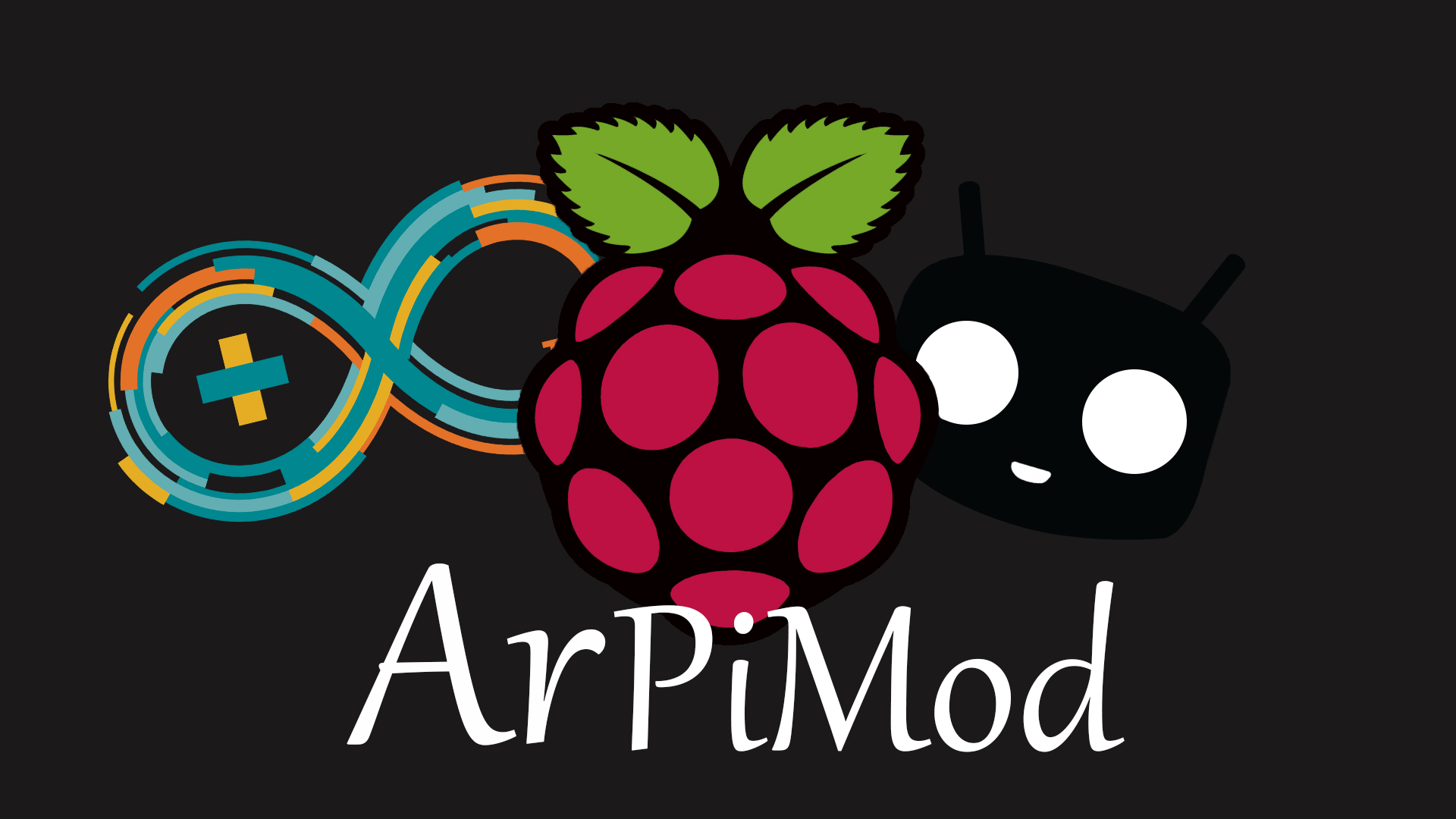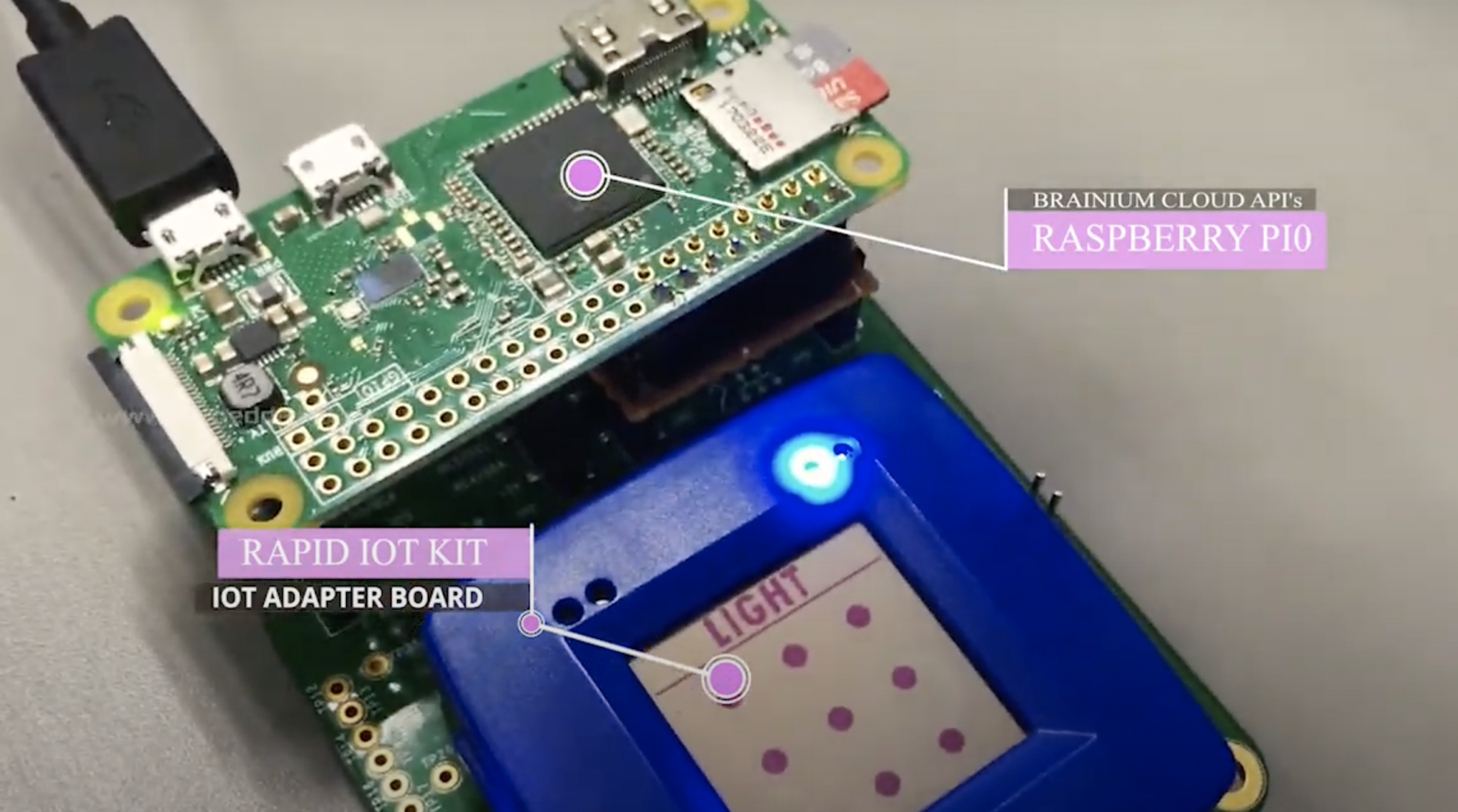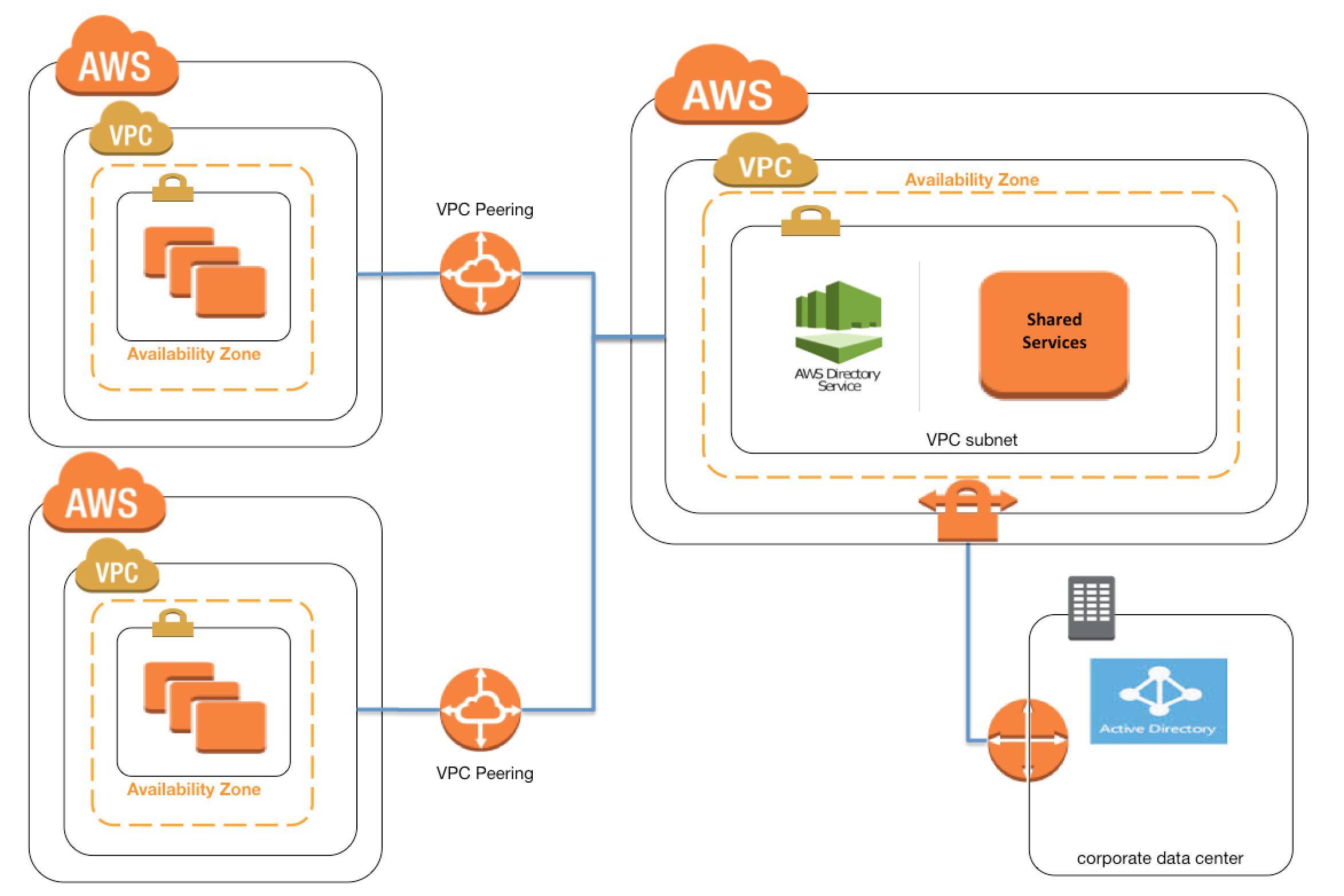As the Internet of Things (IoT) continues to revolutionize industries, securely connecting remote IoT devices through peer-to-peer (P2P) networks using Raspberry Pi has become a critical topic for developers and IT professionals. The increasing demand for reliable and secure remote communication has made this area of technology more important than ever. In this guide, we will delve into the best practices, tools, and techniques to ensure your IoT devices remain secure while maintaining efficient peer-to-peer connectivity.
Whether you're building a smart home system, a remote monitoring solution, or an industrial IoT network, understanding how to securely connect remote IoT devices is essential. This article aims to provide you with a detailed overview of the challenges, solutions, and best practices for achieving secure P2P connectivity using Raspberry Pi.
By following the steps and recommendations outlined here, you can enhance the security of your IoT infrastructure while ensuring seamless communication between devices. Let's get started with a thorough exploration of the topic.
- Hd Hub B4u Your Ultimate Guide To Highdefinition Streaming
- Hdmovie4 Your Ultimate Destination For Highquality Movie Streaming
Table of Contents
- Introduction to Remote IoT
- Raspberry Pi Overview
- Challenges in Securing Remote IoT
- How to Securely Establish a P2P Connection
- Best Practices for Secure IoT Connections
- Tools and Technologies for Secure Connections
- Ensuring Data Security in IoT Networks
- Real-World Applications of Secure IoT P2P Networks
- Future Trends in IoT Security
- Conclusion
Introduction to Remote IoT
The Internet of Things (IoT) has transformed the way devices communicate and interact with one another. Remote IoT devices are becoming increasingly common in various sectors, including healthcare, agriculture, manufacturing, and smart homes. However, securing these devices and ensuring reliable communication remains a significant challenge.
Raspberry Pi plays a crucial role in enabling secure remote IoT connectivity. As a versatile and cost-effective platform, Raspberry Pi can be configured to act as a gateway, server, or client in a P2P network. This flexibility makes it an ideal choice for developers looking to build secure IoT solutions.
What Makes Remote IoT Unique?
- Remote IoT devices often operate in uncontrolled environments, increasing the risk of unauthorized access.
- These devices require robust security measures to protect sensitive data and prevent cyberattacks.
- Efficient communication is essential for maintaining the performance of IoT networks.
Raspberry Pi Overview
Raspberry Pi is a single-board computer designed for educational and hobbyist purposes, but it has gained widespread adoption in professional applications. Its affordability, ease of use, and extensive community support make it a popular choice for IoT projects.
- Hd Hub Movie 4 Your Ultimate Destination For Highquality Movies
- Hdb4uin Your Ultimate Guide To Discovering Highquality Housing And Real Estate Listings
Key Features of Raspberry Pi
- Small form factor with powerful processing capabilities.
- Support for multiple operating systems, including Linux-based distributions.
- Compatibility with a wide range of sensors, actuators, and peripherals.
Raspberry Pi can be configured to act as a secure gateway for IoT devices, enabling encrypted communication and data exchange. By leveraging its capabilities, developers can build robust P2P networks that meet the demands of modern IoT applications.
Challenges in Securing Remote IoT
Securing remote IoT devices presents several challenges that must be addressed to ensure the integrity and confidentiality of data. Some of the key challenges include:
- Device authentication and authorization.
- Data encryption and secure communication protocols.
- Protection against malware and unauthorized access.
These challenges require a comprehensive approach that combines hardware, software, and network security measures. By addressing these issues, developers can create secure IoT networks that meet industry standards and regulatory requirements.
How to Securely Establish a P2P Connection
Establishing a secure P2P connection between IoT devices involves several steps. Below is a detailed guide to help you configure your Raspberry Pi for secure communication:
Step 1: Configure Raspberry Pi
Begin by installing a secure operating system on your Raspberry Pi, such as Raspbian with full disk encryption. This ensures that sensitive data stored on the device is protected from unauthorized access.
Step 2: Enable Secure Communication
Use protocols like HTTPS, SSH, or MQTT with TLS encryption to secure data transmission between devices. These protocols provide end-to-end encryption, ensuring that data remains confidential during transit.
Step 3: Implement Authentication
Authenticate devices using certificates or public key infrastructure (PKI). This ensures that only authorized devices can communicate within the network.
Best Practices for Secure IoT Connections
To ensure the security of your IoT network, follow these best practices:
- Regularly update firmware and software to address security vulnerabilities.
- Use strong passwords and multi-factor authentication (MFA) for device access.
- Monitor network activity for signs of unauthorized access or suspicious behavior.
By adhering to these practices, you can minimize the risk of cyberattacks and protect your IoT infrastructure from potential threats.
Tools and Technologies for Secure Connections
Several tools and technologies can help enhance the security of your IoT network. Some of the most popular options include:
WireGuard
WireGuard is a modern VPN solution that provides secure and efficient communication between devices. Its lightweight design and ease of use make it an excellent choice for IoT applications.
Mosquitto
Mosquitto is an open-source MQTT broker that supports secure communication using TLS encryption. It is widely used in IoT projects for its reliability and scalability.
Ensuring Data Security in IoT Networks
Data security is a critical aspect of IoT networks. To protect sensitive information, implement the following measures:
- Encrypt data at rest and in transit using strong encryption algorithms.
- Limit access to data by implementing role-based access control (RBAC).
- Regularly audit data storage and transmission processes to identify potential vulnerabilities.
By prioritizing data security, you can ensure the privacy and integrity of information exchanged within your IoT network.
Real-World Applications of Secure IoT P2P Networks
Secure IoT P2P networks have numerous applications across various industries. Some examples include:
Smart Homes
Smart home systems use IoT devices to automate tasks such as lighting, temperature control, and security monitoring. Secure P2P connections ensure that these devices communicate reliably and securely, enhancing the user experience.
Healthcare
In healthcare, IoT devices are used for remote patient monitoring and telemedicine. Secure connections are essential for protecting sensitive medical data and ensuring compliance with regulations like HIPAA.
Future Trends in IoT Security
As IoT technology continues to evolve, several trends are emerging in the field of IoT security:
- Increased adoption of blockchain technology for secure device authentication and data exchange.
- Advancements in AI-driven security solutions for detecting and mitigating cyber threats.
- Development of new encryption algorithms to address the challenges posed by quantum computing.
By staying informed about these trends, developers can prepare for the future of IoT security and ensure their solutions remain relevant and effective.
Conclusion
Securing remote IoT P2P connections using Raspberry Pi requires a combination of best practices, tools, and technologies. By following the steps outlined in this guide, you can enhance the security of your IoT network and protect sensitive data from potential threats.
We encourage you to share your thoughts and experiences in the comments section below. Additionally, feel free to explore other articles on our website for more insights into IoT and related technologies. Together, we can build a safer and more connected world.
- Vegamoviescom2025 Your Ultimate Guide To Stream Movies Online In 2025
- Movie Hub 300 Your Ultimate Guide To The Streaming Phenomenon


